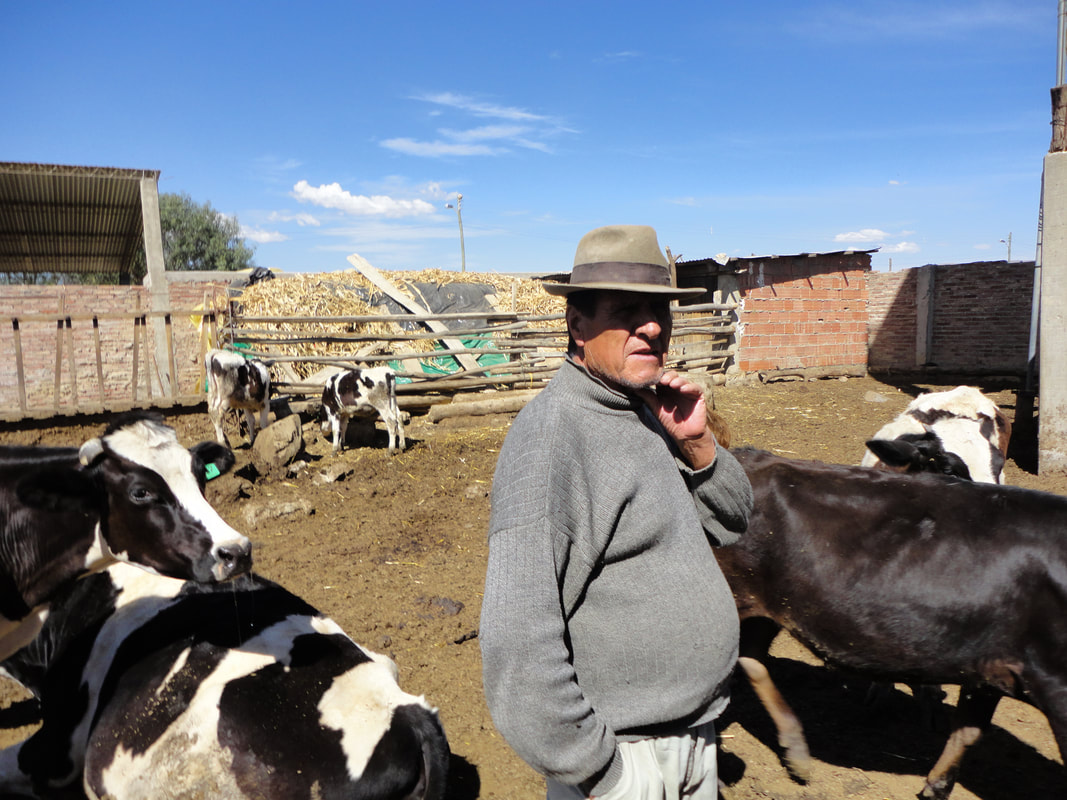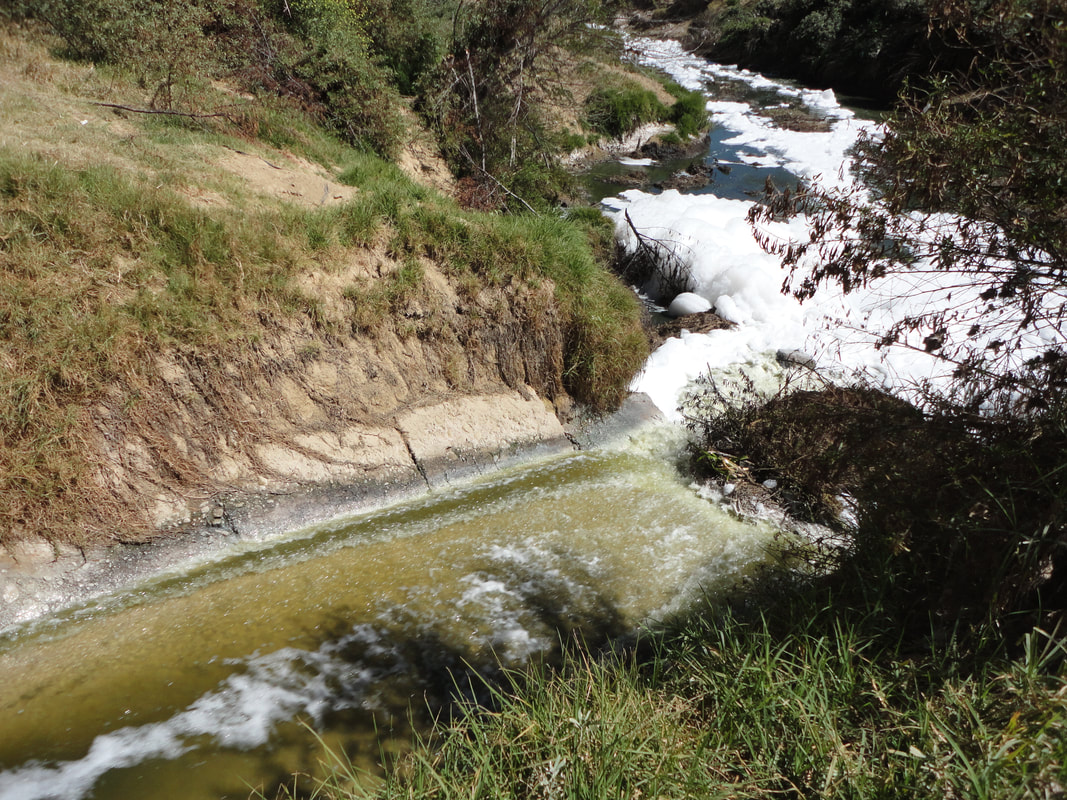From 2010-12, I worked on a project called Post-neoliberal Nature? Community Water Governance in Peri-Urban Cochabamba, Bolivia. Despite claims that Bolivia is one of several Latin American countries to have entered a "post-neoliberal" era, my study of community water governance in Cochabamba's peri-urban neighborhood of La Maica showed the limits of these claims. I argued that neoliberal attempts to decentralize governance had intertwined with both a hamstrung modernist dam project and local community organizing efforts, ultimately producing an urban water politics that I described as “not-quite-neoliberal.”
This project also explored how the material qualities of water make it difficult for peri-urban communities to practice autonomous governance, at least as long as community autonomy is conceptualized as a bounded and inward-looking practice. Given the extent to which peri-urban people in Cochabamba relied on local groundwater for livestock as well as household uses, I argued that community water governance could only practiced with an outward-looking, collaborative theory of autonomy.
Publications related to this project:
- Marston, A. 2015. Autonomy in a Post-Neoliberal Era: Community Water Governance in Cochabamba, Bolivia. Geoforum, 64(1), 246–256.
- de Freitas, C., Marston, A. J., & Bakker, K. 2015. Not-Quite-Neoliberal Natures in Latin America: An Introduction. Geoforum, 64(1), 239–245.
- Marston, A. J. 2014. The Scale of Informality: Community-Run Water Systems in Peri-Urban Cochabamba, Bolivia. Water Alternatives, 7(1), 72-88.


